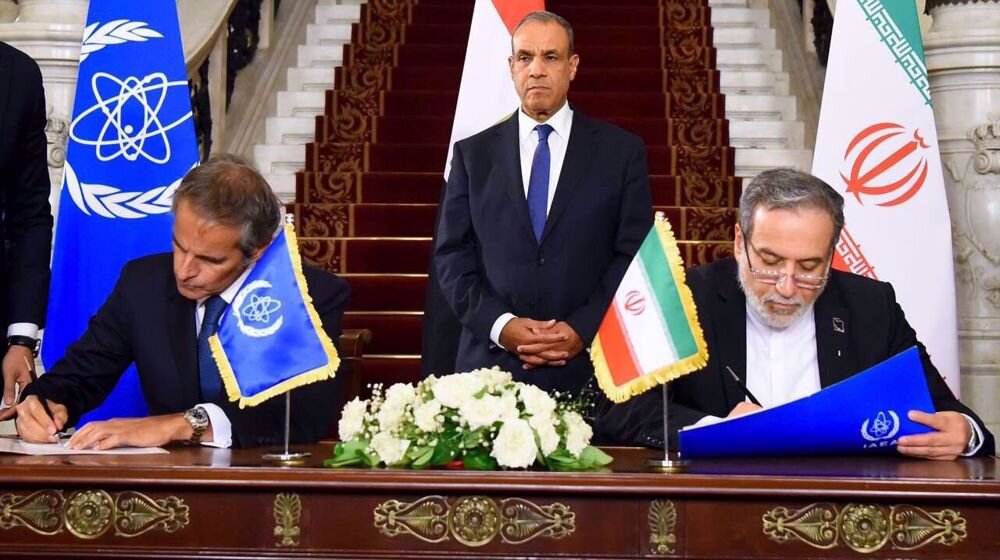Iran will halt IAEA cooperation with ‘snapback’ in progress, SNSC confirms

TEHRAN – Iran’s Supreme National Security Council (SNSC) announced on Saturday that Tehran will halt its cooperation with the International Atomic Energy Agency (IAEA) after the UN Security Council voted against permanently lifting sanctions on the country.
In a statement, the SNSC condemned what it called the “ill-considered” actions of Britain, France, and Germany—collectively known as the E3—over Iran’s peaceful nuclear program. The 15-member Security Council on Friday failed to adopt a resolution that would have blocked the reimposition of sanctions, after the E3 triggered the “snapback” mechanism, accusing Tehran of failing to comply with the 2015 nuclear deal, officially called the Joint Comprehensive Plan of Action (JCPOA).
Tehran dismissed the European move as illegitimate, stressing that the United States had already abandoned the agreement in 2018 and accusing the European trio of siding with illegal sanctions rather than fulfilling their own commitments under the deal.
At a Saturday meeting chaired by President Masoud Pezeshkian, the SNSC also reviewed regional developments, including what it described as the Israeli regime’s destabilizing activities. “Despite the Foreign Ministry’s cooperation with the Agency and proposals to resolve outstanding issues, the actions of European countries have effectively blocked the path of cooperation with the IAEA,” the SNSC said.
The Council tasked the Foreign Ministry with continuing consultations within the framework of national security decisions to safeguard Iran’s interests. It stressed that, under current conditions, Iran’s foreign policy will prioritize cooperation aimed at establishing regional peace and stability.
Earlier in the day, President Pezeshkian reiterated that Iran will not bow to pressure. “We should believe that we can overcome obstacles and that the ill-wishers of this nation cannot block our way,” he said, emphasizing that Tehran can withstand any reimposed sanctions.
The SNSC was formally assigned oversight of IAEA cooperation in July following a wave of Israeli and US attacks on Iranian nuclear facilities. Parliament passed legislation on July 2 requiring that all IAEA inspection requests be vetted by the Council before approval.
On September 9, Iranian Foreign Minister Abbas Araghchi and IAEA Director General Rafael Grossi reached an agreement in Cairo on practical modalities to resume technical cooperation. That arrangement followed a suspension of cooperation after Israeli-American strikes in June that targeted three Iranian nuclear sites in what Tehran described as a flagrant violation of international law and the Nuclear Non-Proliferation Treaty (NPT).
The June suspension had been mandated by Parliament in protest against an anti-Iran resolution passed by the IAEA’s Board of Governors, which Iran said the Israeli regime used as a pretext for its US-backed aggression. Tehran had repeatedly warned that any new cooperation with the Agency would depend on halting the “snapback” process.
Leave a Comment